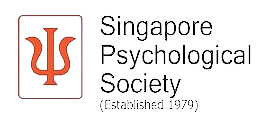
Psychological Assessments in Singapore
We offer psychological assessment services for children and adults, which include but are not limited to:
- Learning disorders
- ADHD
- Asperger’s Syndrome etc.
We use tests and other tools to determine if there are any underlying conditions that may be affecting your day to day life.
For adults, our therapists can help you understand why you might be feeling the way you do and propose a relevant therapy method and plan of treatment.
Psychological Assessments for both children & adults
For children, starting with an initial parent session, we work closely with parents to understand more about the child’s background in order to access the best therapy and treatment.
We believe that working together as a team, with the child, adolescent, family and other relevant professionals, is the most effective way to achieve positive outcomes.
Our approach is tailored to the specific needs and goals of each individual and family, and we use a range of evidence-based assessments to support our clients in reaching their full potential.
For information on pricing, please visit our fees page for individual psychological assessment pricing.



